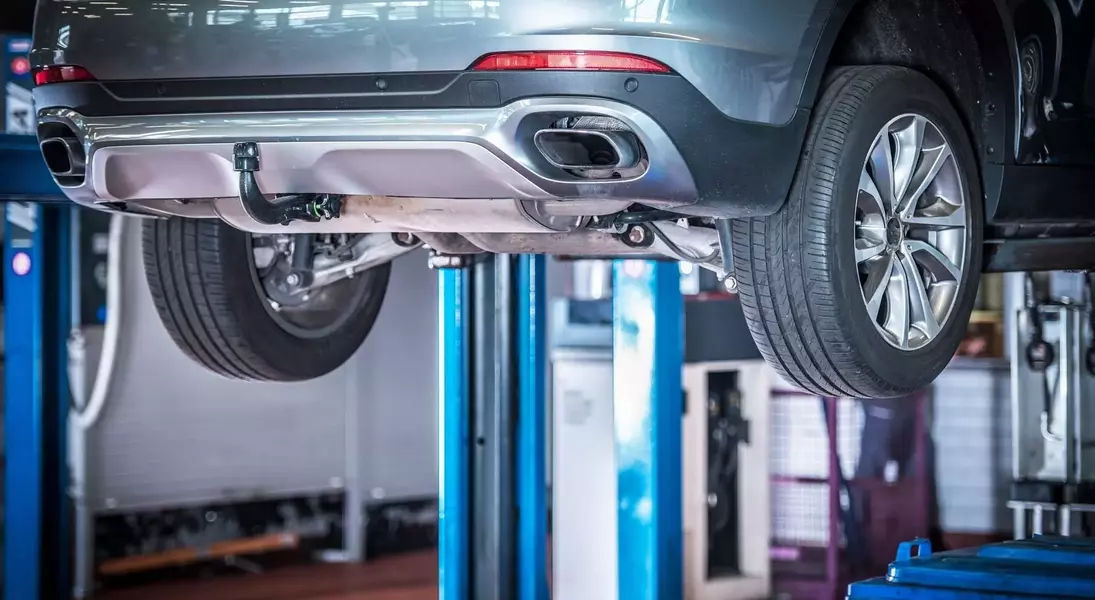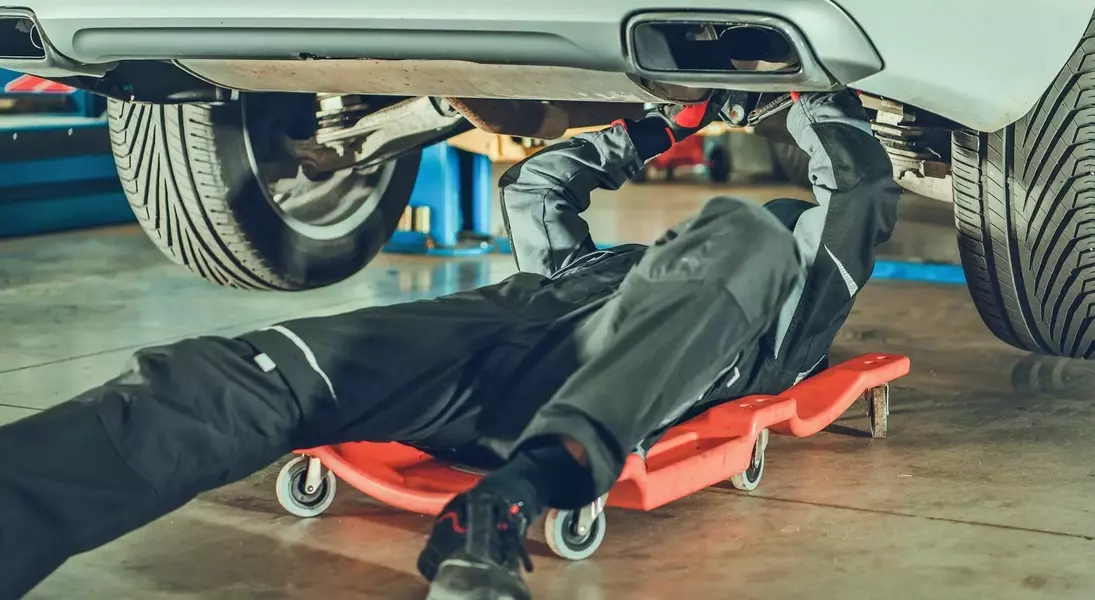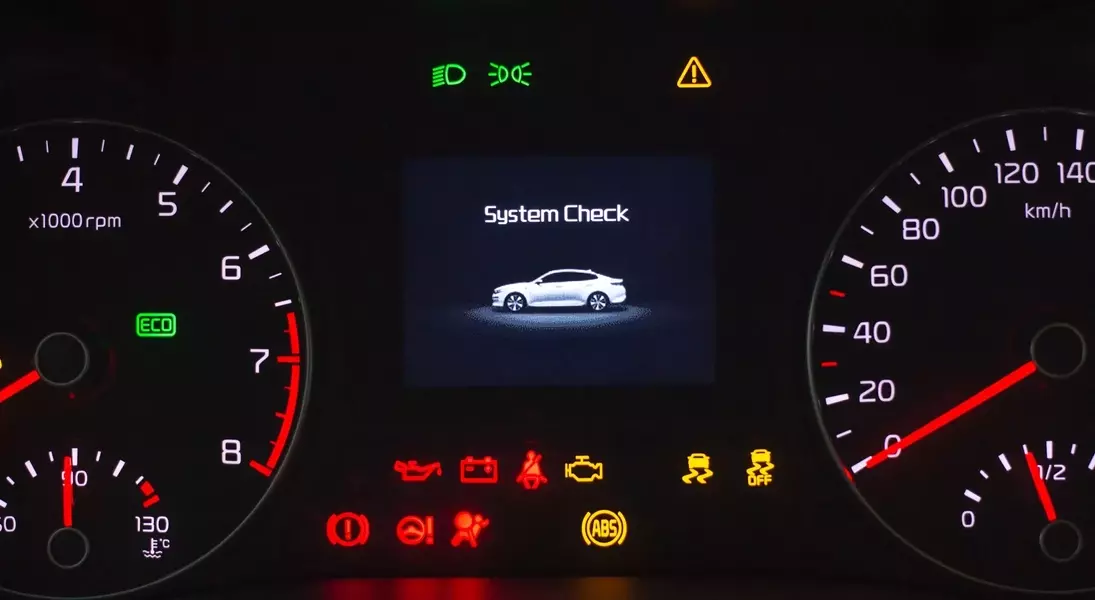Drivers Unwilling to Shoulder Unexpected Repair Costs
A recent survey by CarGurus has revealed that British drivers have a low tolerance for unexpected car maintenance expenses. The study found that a repair bill of just £772 would prompt most drivers to start searching for a new vehicle, highlighting the financial strain that even relatively minor issues can place on motorists.Drivers Seek Reliability and Affordability in Their Vehicles
Unexpected Repair Costs Trigger Vehicle ReplacementThe survey of 1,000 UK motorists uncovered that a £772 maintenance bill over a 12-month period would be the tipping point for most drivers, leading them to begin the process of finding a new car. Additionally, having to wait more than 10 days for a repair or dealing with three or more faults could also push drivers to the breaking point.Willingness to Spend on Replacement VehiclesDespite their aversion to unexpected repair costs, respondents indicated a willingness to spend an average of £14,320 on a replacement vehicle. This represents a significant increase in expenditure, with the theoretical £772 maintenance bill being dwarfed by the average budget for a new car.Planned Maintenance Costs vs. Unplanned RepairsRespondents reported spending an average of £427 annually on planned car maintenance, including servicing and MOT costs. However, they also faced an additional £269 per year in unplanned repair expenses, highlighting the financial burden that unexpected issues can place on drivers.Delaying Necessary RepairsThe survey found that 40% of respondents were currently putting off car repairs due to the cost, leaving dashboard warning lights illuminated and worn tires in place. This reluctance to address maintenance issues could lead to further problems down the line, potentially exacerbating the financial strain on drivers.Seeking Reliability and Warranty CoverageAccording to Chris Knapman, editorial director at CarGurus UK, upgrading to a car with a long manufacturer-backed warranty can provide a sense of security for drivers who have reached their breaking point. This can offer peace of mind and help mitigate the risk of unexpected repair costs.The Importance of Preventive Maintenance
While the survey highlights the financial strain that unexpected repair costs can place on drivers, it also underscores the importance of proactive maintenance. Regular servicing and addressing issues as they arise can help prevent more significant and costly problems from developing. By staying on top of their vehicle's maintenance, drivers can reduce the likelihood of being caught off guard by unexpected repair bills and potentially avoid the need to replace their car prematurely.The Evolving Landscape of Car Ownership
The survey's findings also reflect the changing landscape of car ownership in the UK. As drivers are holding onto their vehicles for longer, the tolerance for unforeseen issues has become increasingly low. This shift in consumer behavior may prompt manufacturers and service providers to reevaluate their approach to vehicle maintenance and warranty coverage, ensuring that drivers have access to reliable and affordable options to keep their cars on the road.The Impact of Technological Advancements
The growing prevalence of advanced automotive technologies, such as electronic systems and complex components, can also contribute to the financial burden faced by drivers. As vehicles become more technologically sophisticated, the cost of repairs and maintenance may rise, further exacerbating the issue. Manufacturers and service providers will need to find ways to balance innovation with affordability and accessibility to meet the evolving needs of drivers.The Role of Consumer Education
To help mitigate the impact of unexpected repair costs, there may be a need for increased consumer education around vehicle maintenance and the importance of preventive care. By empowering drivers with knowledge and resources, they can make more informed decisions about their car ownership and maintenance, potentially reducing the financial strain and the likelihood of reaching a breaking point.You May Like









